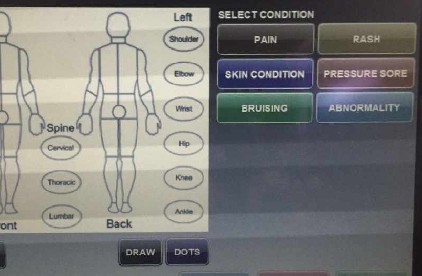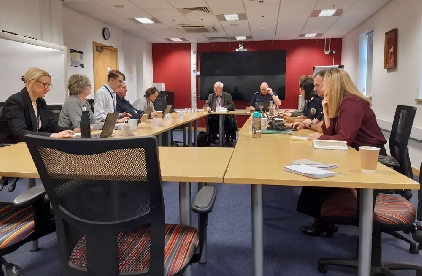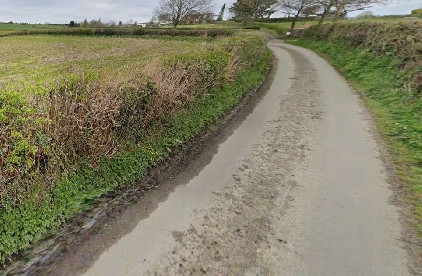
Ambulance staff across Herefordshire, Worcestershire and Shropshire are set to start using iPads to improve the care they give to patients.
The project is part of a national roll-out which will see the all patient facing staff receiving one of the tablets so that they can access a patient’s medical record while they are treating their patient.
While ambulance staff will always ask patients and their family about on-going medical issues, the funding from NHSX will mean staff have individual access to the patients’ care records (patient history and GP records) which could potentially help save their life.
In addition, the technology will allow the staff to better support care as well as increase the level of video conferencing with other healthcare professionals so that patients can be kept away from A&E unless it is absolutely necessary. If taking a patient to hospital, the clinicians in A&E will be able to see real time updates on patients being bought and patient detail handovers will occur digitally.
The project which has been piloted in other areas of the country has already shown that access to the additional information and NHS systems improved decision making and ultimately care given.
WMAS Chief Executive Anthony Marsh, said: “We have been using tablets and an electronic patient record for the last five years, but these iPads will take this to the next level with access to information that staff at the scene of an incident have not previously had access to.
“Already my staff access care records in about 60% of cases but the personal issue iPads means that it will be even easier for the crew to see the patient’s history. This will allow staff to provide better care such as diverting more patients directly to where they may be getting ongoing specialist care instead of first taking them to A&E. In many cases we expect patients to be able to remain at home with additional support coming from primary care, which we know patients will feel happier about, particularly since the pandemic started.
“There is no question that technology is already making a huge difference to our work and this investment by NHSX will only enhance that.”
WMAS People Director, Carla Beechey added: “As these iPads will be personal issue, a key benefit will also be that staff are able to access e-learning tools and online training resources for professional development. Although they will continue to have access to computers at work, many staff will prefer to complete such studying in the comfort of their own homes at a time that is right for them.
“I also see this roll out as a key development for improving the support we can provide to staff to aid their health and wellbeing. They will now be able to access our online support services at any time. Equally, it will help us to improve our internal communications and even allow individuals to complete their annual staff survey.”
NHSX is working with Trusts and Apple to ensure each device is set up to include information governance and IT security and an ongoing support package.
NHS chief executive, Sir Simon Stevens, said: “Ambulance crews have been at the forefront of the pandemic, routinely dealing with life and death situations and often first on scene to treat and diagnose critically ill patients.
“These devices are another tool for our highly skilled paramedics and ambulance technicians as they continue to respond to the country’s most critically ill and injured patients. It is another example of the health service innovating and harnessing technology to improve patient care as part of the NHS Long Term Plan.”


 Shropshire Council staff reminded of their responsibilities
Shropshire Council staff reminded of their responsibilities
 Fire chiefs in Shropshire set aside more cash as national pay talks loom
Fire chiefs in Shropshire set aside more cash as national pay talks loom
 Appeal following collision between car and pedestrian in Herefordshire
Appeal following collision between car and pedestrian in Herefordshire
 Revealed: The main roads in Herefordshire prioritised for repairs
Revealed: The main roads in Herefordshire prioritised for repairs
 Villagers fustrated over lack of road repairs
Villagers fustrated over lack of road repairs
 New Food and Drink group launched at online event
New Food and Drink group launched at online event
